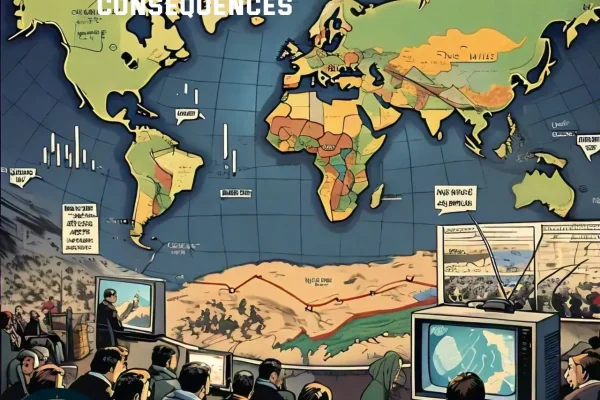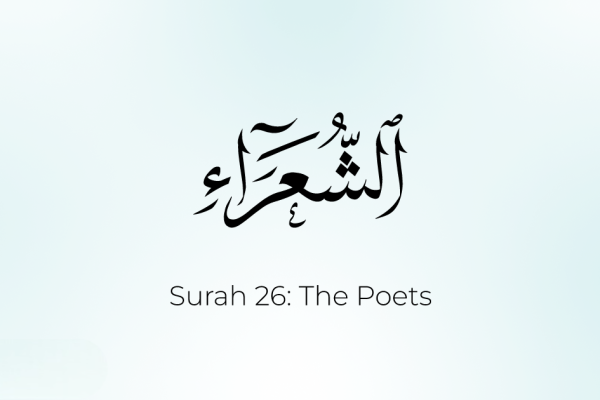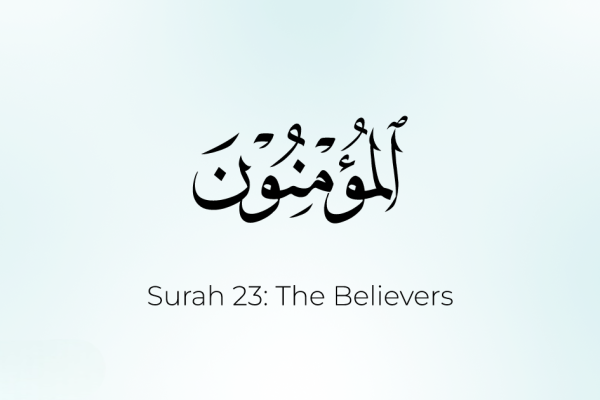
Gas Reserves Dispute: Sindh and Balochistan’s Conflict Over Territory and Resources
The dispute between Sindh and Balochistan over gas reserves near the Kohistan region intensifies as both provinces claim ownership of the land. This conflict is not just about energy resources but also involves cultural significance due to the presence of a revered dog’s grave. As provincial politics and national interests collide, the future of these valuable gas reserves remains uncertain, impacting both regional development and Pakistan’s energy landscape.
















